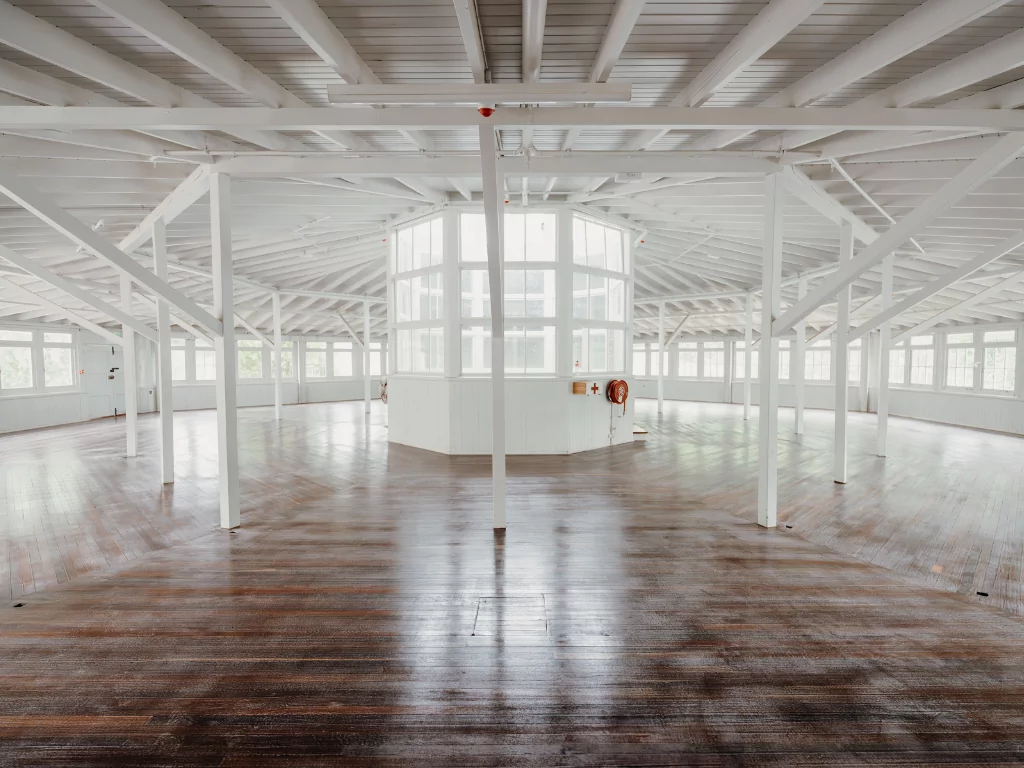The Employment Court has ruled in favour Siouxsie Wiles in her case against University of Auckland.
The judgment, delivered by Judge J.C. Holden, concluded that the university failed to provide adequate protection and support to Wiles in the face of extensive harassment she experienced due to her public commentary on the COVID-19 pandemic.
As the COVID-19 pandemic unfolded, Wiles emerged as a prominent public figure, offering insights and advice.
Her visibility also made her a target for harassment, including threats of violence, predominantly from individuals opposed to the government’s pandemic measures.
The case was initially brought before the Employment Relations Authority but was subsequently moved to the Employment Court for a hearing.
Key issues addressed included whether Wiles had been unjustifiably disadvantaged in her employment, whether the University breached its contractual and statutory obligations, and the appropriate remedies for any breaches found.
The Court found that the University’s response to the harassment Professor Wiles faced was insufficient and delayed.
Despite recognising the harassment as a serious issue as early as August 2020, the University failed to implement a comprehensive strategy to protect her.
The Court noted that the University’s approach was reactive rather than proactive, leading to a breach of its health and safety obligations.
Additionally, the Court criticised the University’s focus on Wiles’ “outside activities,” which were not the primary source of the harassment.
Instead, it was her public health commentary that attracted the abuse. The University’s attempts to scrutinise and question her external engagements, including media appearances and paid speaking events, were deemed misplaced.
TV presenter John Campbell gave evidence during the hearing. Campbell testified that Wiles was a highly effective communicator, particularly with younger audiences, and that her availability for media engagements was invaluable during the pandemic.
Judge Holden declared that the University breached its contractual obligations to protect Wiles’s health and safety and failed to act in good faith.
The Court awarded Professor Wiles $20,000 in general damages for the distress and disadvantage she suffered. The University was ordered to pay this amount within 28 days.









